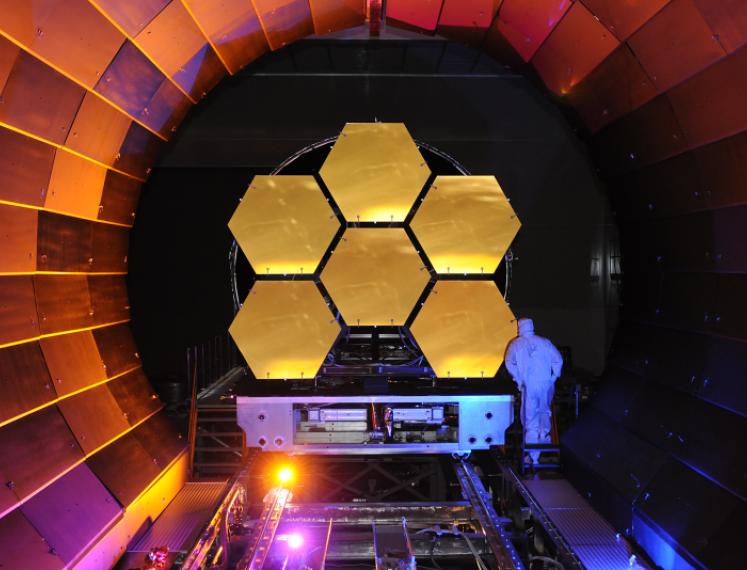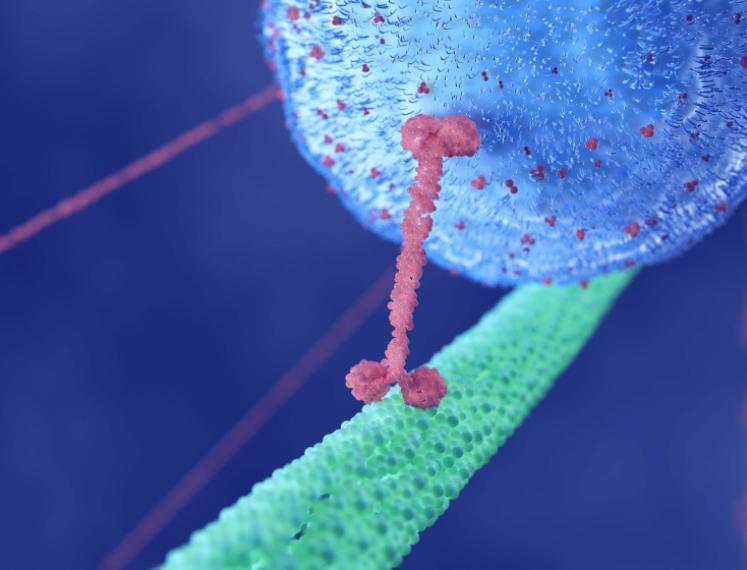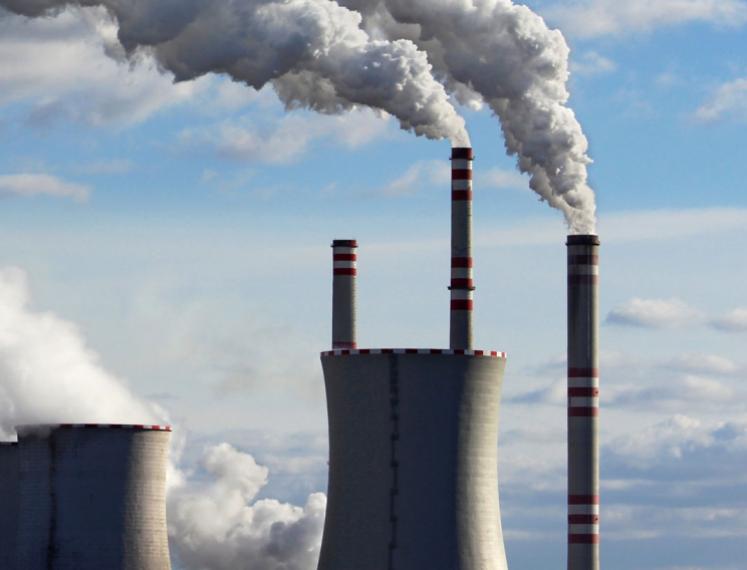Academy Building
Broerstraat 5
Groningen
Netherlands
Cleverly Shaped Stellarators
Nuclear fusion - the power that fuels the sun - is a promising approach to obtaining a CO2-free, safe and continuous energy source. For decades researchers have tried to make nuclear fusion happen on Earth, but the ideal fusion reactor does not exist… yet. In this year’s Hendrik de Waard Lecture, Josefine Proll will share recent developments in nuclear fusion. She will explain why we need to use strong donut-shaped magnetic fields to harness the million-degrees hot fusion plasma and prevent it from melting the reactor wall. Also, she will show how clever shaping of the magnetic fields can be used to tackle remaining challenges like turbulence and the fusion fuel and loss of heat - a promising development in nuclear fusion!
Josefine Proll is an Assistant Professor in the Department of Applied Physics at Eindhoven University of Technology (TU/e). She obtained her PhD at the Max Planck Institute for Plasma Physics in Greifswald, Germany, currently home to the Wendelstein 7-X fusion experiment. From 2014 to 2015 she was a postdoctoral fellow within the Max-Planck/Princeton Center for Plasma Physics. From 2015 to 2016 she was working under a Helmholtz PostDoc Grant. In her work, Josefine collaborates closely with the Princeton Plasma Physics Laboratory, Princeton, USA, the National Institute for Fusion Science, Toki, Japan and the University of Wisconsin, Madison, USA.
This lecture is organised by the Hendrik de Waard Foundation in collaboration with Studium Generale Groningen. The Hendrik de Waard Foundation was founded after the retirement of the late professor of physics Hendrik de Waard in 1987. Annually, the foundation organises a lecture to inform and intrigue the general public about recent developments in science.






